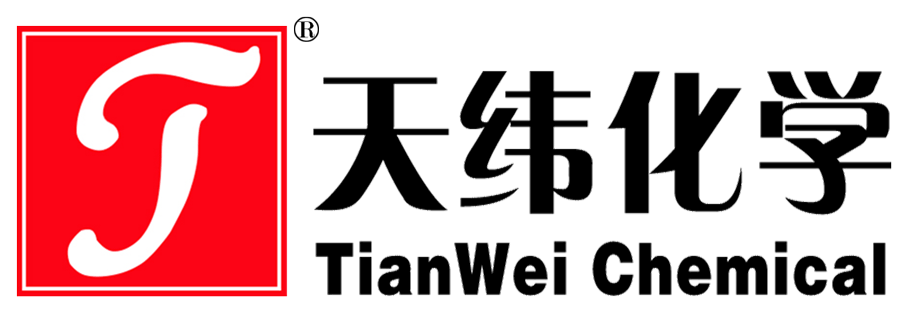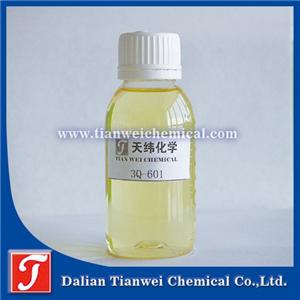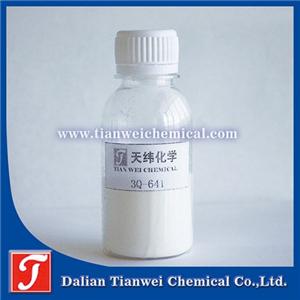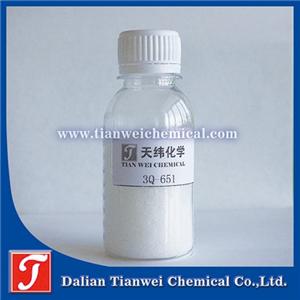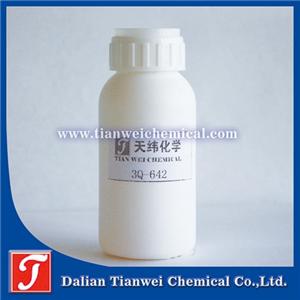-
Introduction and influencing factors of fungicides
Different agents have different sterilization mechanisms, which can achieve the effect of sterilization, avoid re-pollution of water quality, fully maintain water quality, and bring benefits to enterprises. Below is a general overview of the classification and role of fungicides.
23-09-2022 -
How to do the operation of spring emulsion mildew prevention work
This product is widely used in emulsions, building materials, coatings, power plants, textiles, papermaking, leather, oil fields, industrial additives, circulating cooling water, industrial sewage treatment and other water-based products.
22-09-2022 -
Environmentally friendly daily chemical preservatives
Environmentally friendly daily chemical preservative This product is suitable for water-based products in the storage period of the tank to protect the anti-corrosion fungicide, and is more suitable for products with a value between 4-9.5.
21-09-2022 -
Application of antifungal agent
Mold is a kind of fungus, which is characterized by more developed mycelium and no larger fruiting bodies. Like other fungi, they also have cell walls and survive in parasitic or saprophytic ways
19-09-2022 -
What preservatives can be added to skin care products?
What preservatives can be added to skin care products?
24-08-2022 -
What is the difference between preservatives, fungicides and disinfectants?
What is the difference between the "agents" of preservatives, disinfectants and fungicides? Preservative manufacturers introduce their differences from the definition and function of products.
11-08-2022 -
How to ensure the safe and reliable use of antifungal agents(一)
Mold is everywhere, such as in dust, soil, sweat, and air. As long as it encounters the right temperature and humidity, it begins to grow and multiply from uneven places. Therefore, the first place to grow mold is generally the interface. The place where the suture is placed is extremely harmful to the storage and transportation of raw materials and their products.
05-08-2022 -
The use characteristics of oil-soluble anti-corrosion and anti-fungal agent
Oil-soluble IPBCⅡ has broad-spectrum antibacterial activity, especially for mold, yeast and algae, but its insoluble nature limits its application range.
03-08-2022 -
Used in paper industry, fungicides, preservatives
Dalian Tianwei has launched a series of antibacterial and preservatives for papermaking, which are high-efficiency, broad-spectrum, low-toxicity and environment-friendly industrial antiseptics. Used for paper breaks and paper spots, holes, etc. caused by pulp.
22-07-2022 -
Industrial Preservatives - KATHON (CMIT/MIT)
kathon is one of the isothiazolinones, the English abbreviation CMIT/MIT, the chemical formula is C8H9ClN2O2S2, mainly composed of 5-chloro-2-methyl-4-isothiazolin-3-one (CIT) and 2-methyl- 4-isothiazolin-3-one (MIT) composition. Isothiazolinones act by breaking bonds in bacterial and algal proteins
19-07-2022
